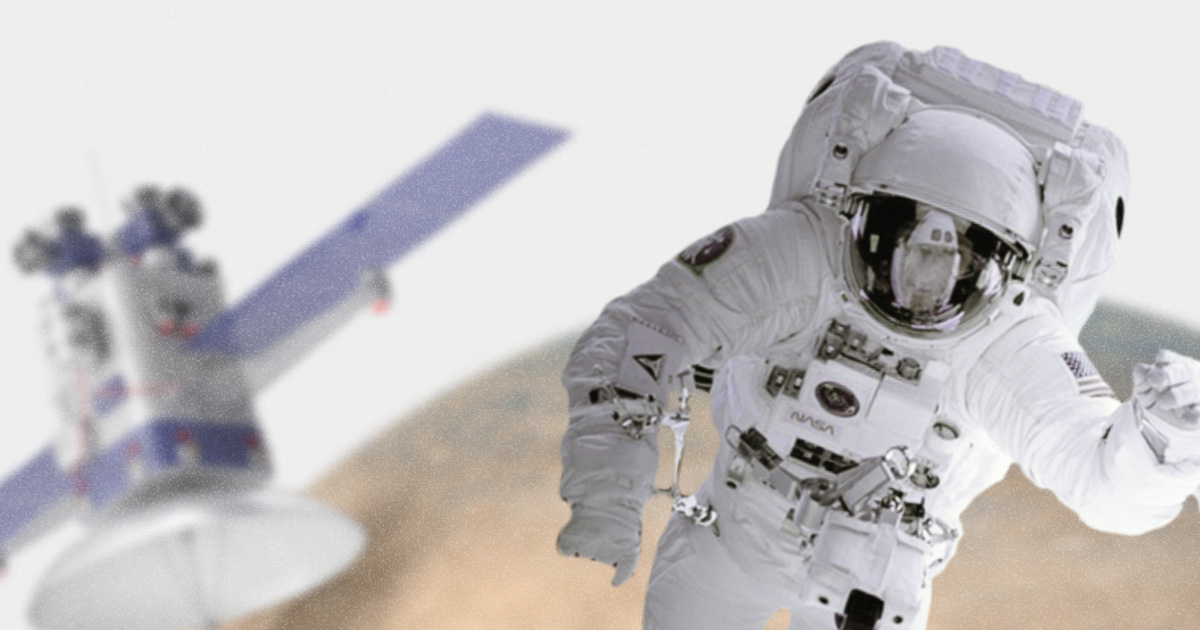Why is there still cooperation between NASA and Russia?

Due to the Russian aggression against Ukraine, partners in the scientific and space industry either stopped cooperation with the Russian Federation or suspended it for an indefinite term. The West imposed a number of sanctions against enterprises owned by Roscosmos.
However, on July 15, NASA and Roscosmos signed an agreement on joint flights to the International Space Station (ISS) until 2030. As part of the agreement, Russians are allowed to fly aboard an American-made spacecraft, while American astronauts will fly aboard a Russian Soyuz rocket. Joint flights are to start in September.
NASA explained that the decision on joint flights had been made for security reasons and to ensure the presence of the United States in space.
Cooperation between NASA and Roscosmos
Cooperation between NASA and the Soviet Union began in the second half of the 20th century despite the geopolitical situation in the world. The program of the experimental manned flight of the Soviet Soyuz-19 spacecraft and the American Apollo in 1975 is considered the first large-scale joint project. However, after the Soviet intervention in Afghanistan in 1979, the cooperation has been suspended.
After the collapse of the USSR, Russia joined the construction of the ISS together with the USA, Canada, Japan and the European Space Agency. In 1998, NASA and Roscosmos signed a Memorandum of Understanding on cooperation on the ISS. According to Space Policy, the US pursued a geopolitical goal - to encourage Russia to sign the treaty, which provided for a reduction in the proliferation of ballistic missiles. In fact, the ISS became a "bridge of friendship" between Washington and Moscow after the Cold War.
During the construction, the U.S. and Russia faced a number of issues related to funding and construction timelines, rather than Russia's stance on Iran, Syria, and North Korea.
According to The New York Times, from 2006 to 2020, NASA paid Russia an average of $56 million per seat to send 71 astronauts to the station (in 2011, most of the American spacecraft were decommissioned, and the Soyuz became the only option to enter orbit). However, in 2020, this need vanished after the successful launch of the SpaceX Crew Dragon.
NASA's stance on Russia's war against Ukraine
In March 2022, NASA's ISS program manager, Joel Montalbano, stated that countries would cooperate despite the war because the ISS was a flagship model of international cooperation and was designed to be "interdependent". He added that NASA was "aware of the situation", but their priority was the safety of astronauts.
NASA representatives insist on continuing work on the space station, so they did not comment on the statements of Dmitry Rogozin, who was the head of Roskosmos from 2016 to July 15, 2022. On Twitter and Telegram, Rozogin threatened that if the West did not lift sanctions, Russia would withdraw from cooperation on the ISS and limit funding.
NASA only once publicly reprimanded the Russian astronauts for unfurling the flag of the illegal armed formation LNR on the ISS. Representatives of the agency said that such actions of the Russians contradicted the main function - to promote science and develop technologies for peaceful purposes.
So why does the cooperation still exist?
Russia took part in the construction of the ISS and owns two modules of the station - "Zvezda" and "Pirs" (Japan owns the "Kibo" module, the European Space Agency owns the "Columbus" module). Technically, the Russian and NASA-operated segments of the station are separate, but closely related. The Russians rely on American solar panels for power, while Russian cargo spacecraft provide periodic boosts to keep the station from falling into the atmosphere.
Cooperation between the European Space Agency and Roscosmos is based on a similar principle, although the European Agency postponed joint projects due to sanctions.
Additionally, cooperation between NASA and the Russian Federation reduces the chances that Russia will sell its rocket technology and experience to other countries, for instance North Korea, which seeks to improve its own missiles.


